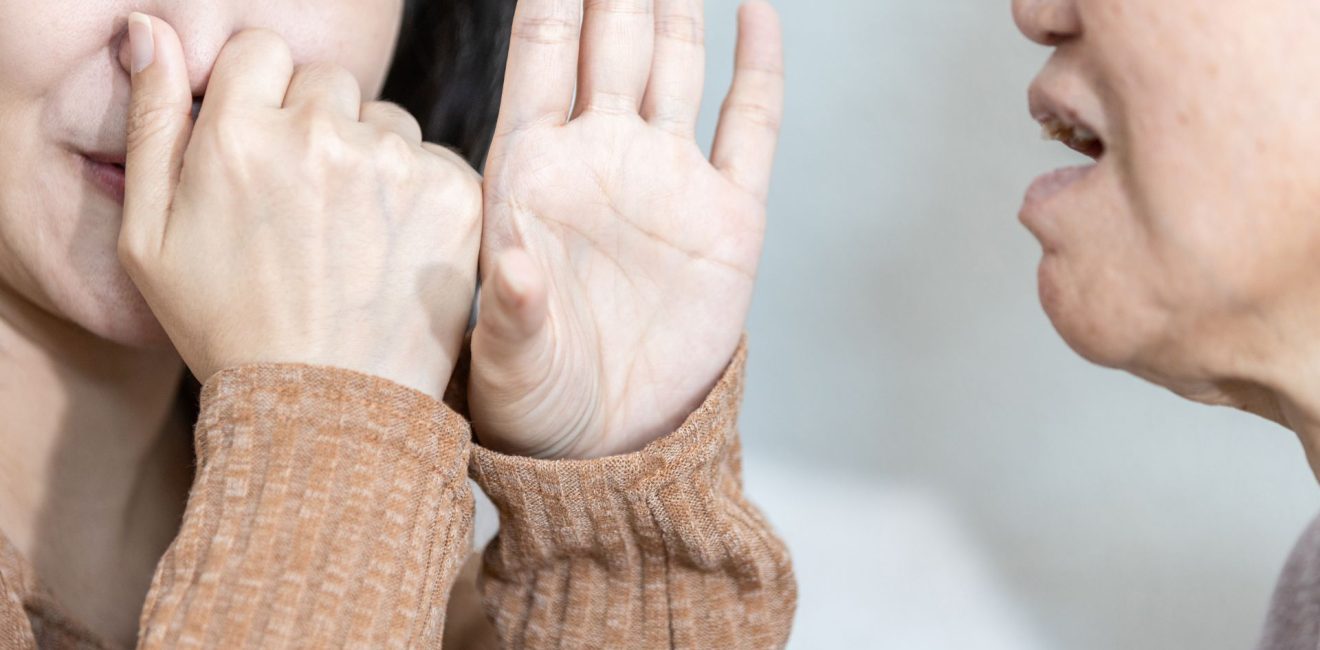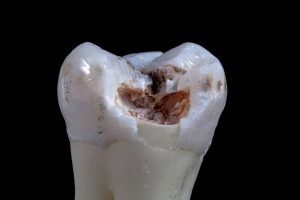Key Takeaways
- Bad breath (halitosis) affects nearly everyone at some point and has multiple causes
- The most common causes include poor oral hygiene, certain foods, dry mouth, and underlying health conditions
- Regular brushing, flossing, and dental checkups are essential for preventing bad breath
- Simple lifestyle changes like staying hydrated and avoiding tobacco can significantly improve breath freshness
- Professional dental services, like those offered by PureSmile, can help address persistent bad breath issues
What Causes Bad Breath?
Have you ever been in a conversation and suddenly become self-conscious about your breath? You’re not alone. Bad breath, also known as halitosis, is a common concern that affects nearly everyone at some point in their lives. Understanding what causes bad breath is the first step toward finding effective solutions.
Poor Oral Hygiene
When you don’t clean your mouth properly, food particles remain trapped between your teeth and along your gum line. Bacteria break down these particles, releasing sulfur compounds that cause unpleasant odors.
- Skipping brushing: Neglecting to brush at least twice daily allows bacteria to multiply
- Forgotten flossing: The spaces between teeth harbor food particles brushing can’t reach
- Overlooked tongue cleaning: Your tongue’s surface collects bacteria that contribute to bad breath
At PureSmile dental clinics, dental hygienists often stress the importance of a complete oral care routine that addresses all these areas to maintain fresh breath.
Food Choices
What you eat significantly impacts how your breath smells. Certain foods are notorious for causing temporary bad breath.
The strongest culprits include:
- Garlic and onions
- Spicy foods
- Some cheeses
- Coffee and alcoholic beverages
These foods contain compounds that enter your bloodstream after digestion and travel to your lungs, affecting your breath from the inside out.
Dry Mouth
Saliva is your mouth’s natural cleanser. When your mouth becomes dry, bacteria thrive and bad breath follows. This condition, known as xerostomia, can be caused by:
- Medication side effects
- Breathing through your mouth
- Dehydration
- Certain medical conditions
Tobacco Products
If you smoke or use other tobacco products, you’re likely familiar with “smoker’s breath.” Tobacco not only leaves its own unpleasant odor but also dries out your mouth and promotes gum disease, creating a perfect environment for bad breath.
How to Prevent Bad Breath
Taking proactive steps to prevent bad breath is easier than you might think. With consistent habits, you can maintain fresh breath throughout the day.
Establish a Thorough Oral Hygiene Routine
Your daily oral care routine should include:
- Brushing for two minutes, twice daily
- Flossing at least once daily to remove trapped food particles
- Cleaning your tongue with a brush or scraper
- Rinsing with an antimicrobial mouthwash
Dental professionals at PureSmile recommend replacing your toothbrush every three to four months to ensure effective cleaning.
Stay Hydrated
Drinking plenty of water throughout the day helps:
- Wash away food particles
- Stimulate saliva production
- Keep your mouth moist and less hospitable to odor-causing bacteria
Watch Your Diet
While you don’t need to completely avoid flavor-rich foods, being aware of their impact can help you plan accordingly:
- Carry sugar-free gum to chew after meals, especially when you’ve consumed breath-affecting foods
- Consider eating fresh, crisp fruits and vegetables like apples, carrots, and celery, which help clean your teeth naturally
- Limit alcohol and coffee consumption, which can dry out your mouth
Regular Dental Checkups
Visiting a dental professional regularly is crucial for maintaining good oral health and preventing chronic bad breath. During these visits, dental hygienists thoroughly clean areas you might miss at home and can spot early signs of problems that might contribute to bad breath.
PureSmile offers comprehensive dental examinations that include professional cleaning and personalized advice for maintaining optimal oral health.
When to See a Professional
Signs Your Bad Breath Needs Professional Attention
Sometimes, bad breath persists despite your best efforts at home. This could signal underlying issues that require professional treatment.
Consider seeking help if:
- Your bad breath continues despite good oral hygiene
- You notice white spots on your tonsils
- You have a persistent bad taste in your mouth
- Your gums bleed when you brush or floss
- You experience frequent dry mouth
- You have other symptoms like persistent sore throat or postnasal drip
How Dental Professionals Can Help
Dentists and dental hygienists have specialized tools and knowledge to address stubborn bad breath. At PureSmile, the approach to treating halitosis includes:
- Comprehensive oral examination to identify any underlying dental issues
- Professional deep cleaning to remove hardened plaque (tartar) that harbors bacteria
- Treatment of any existing gum disease or tooth decay
- Guidance on specialized oral hygiene products for your specific needs
- Referrals to medical specialists if a non-dental cause is suspected
Special Circumstances
Morning Breath
Almost everyone experiences “morning breath.” This occurs because saliva production decreases during sleep, allowing bacteria to multiply more readily. To minimize morning breath:
- Never skip brushing before bed
- Use a humidifier if your bedroom air is dry
- Consider elevating your head slightly while sleeping to reduce mouth breathing
Chronic Medical Conditions
Certain health conditions can contribute to persistent bad breath:
- Sinus infections or postnasal drip
- Gastroesophageal reflux disease (GERD)
- Diabetes
- Liver or kidney problems
- Respiratory tract infections
If your dentist suspects your bad breath stems from a medical condition, they may recommend consulting with your physician for proper diagnosis and treatment.
Bad Breath FAQs
Q: Can mouthwash alone cure bad breath? A: While mouthwash can temporarily mask odors, it doesn’t address the underlying cause. It should be used as part of a complete oral hygiene routine, not as a substitute for brushing and flossing.
Q: Is bad breath always noticeable to others? A: Not necessarily. You may be more sensitive to your own breath than others are. If you’re concerned, ask a trusted friend or family member for their honest opinion.
Q: Can children have chronic bad breath? A: Yes. Children can experience bad breath due to poor oral hygiene, mouth breathing, or conditions like sinus infections. PureSmile offers family dental services that address oral health concerns for patients of all ages.
Q: How can I test my breath myself? A: One simple method is to lick your wrist, let it dry for a few seconds, then smell it. You can also smell your dental floss after use or cup your hands over your mouth, exhale, and quickly inhale through your nose.
Q: Can stress cause bad breath? A: Indirectly, yes. Stress can lead to dry mouth and acid reflux, both of which contribute to bad breath.
Bad breath is a common concern with numerous potential causes, from simple dietary choices to more complex health issues. The good news is that in most cases, it can be effectively managed through proper oral hygiene, staying hydrated, and making mindful lifestyle choices.
Remember that persistent bad breath despite good oral care practices warrants a visit to a dental professional. Services like those offered by PureSmile can provide both the treatments and guidance needed to address chronic halitosis and improve your overall oral health.
By understanding the causes of bad breath and taking consistent action to address them, you can approach social interactions with confidence, knowing your breath is fresh and clean. Your smile is worth the effort—both for your social comfort and your long-term health.







